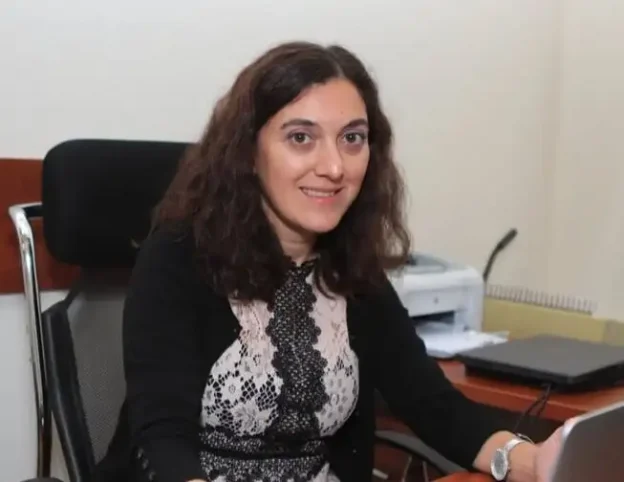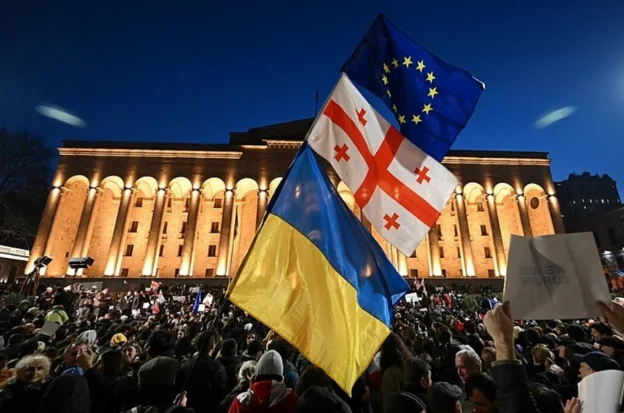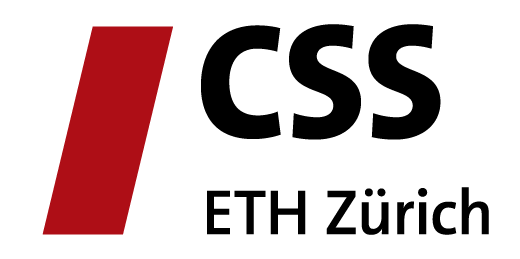The Georgian Dream movement came to power over a decade ago. It initially claimed to want to uphold the European integration policies of its predecessor, but has slowly moved towards a more sovereign discourse. Over time, Georgian Dream has increasingly fueled affective political polarization, and now accuses its pro-European critics of wanting to drag Georgia into a war with Russia. It has furthermore vehemently defended adopting controversial anti-democratic legislation such as the so called ‘foreign agents’ law.
Continue reading




